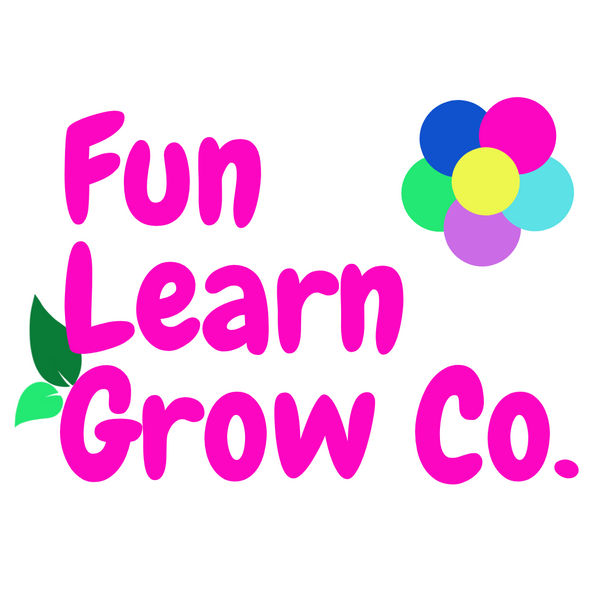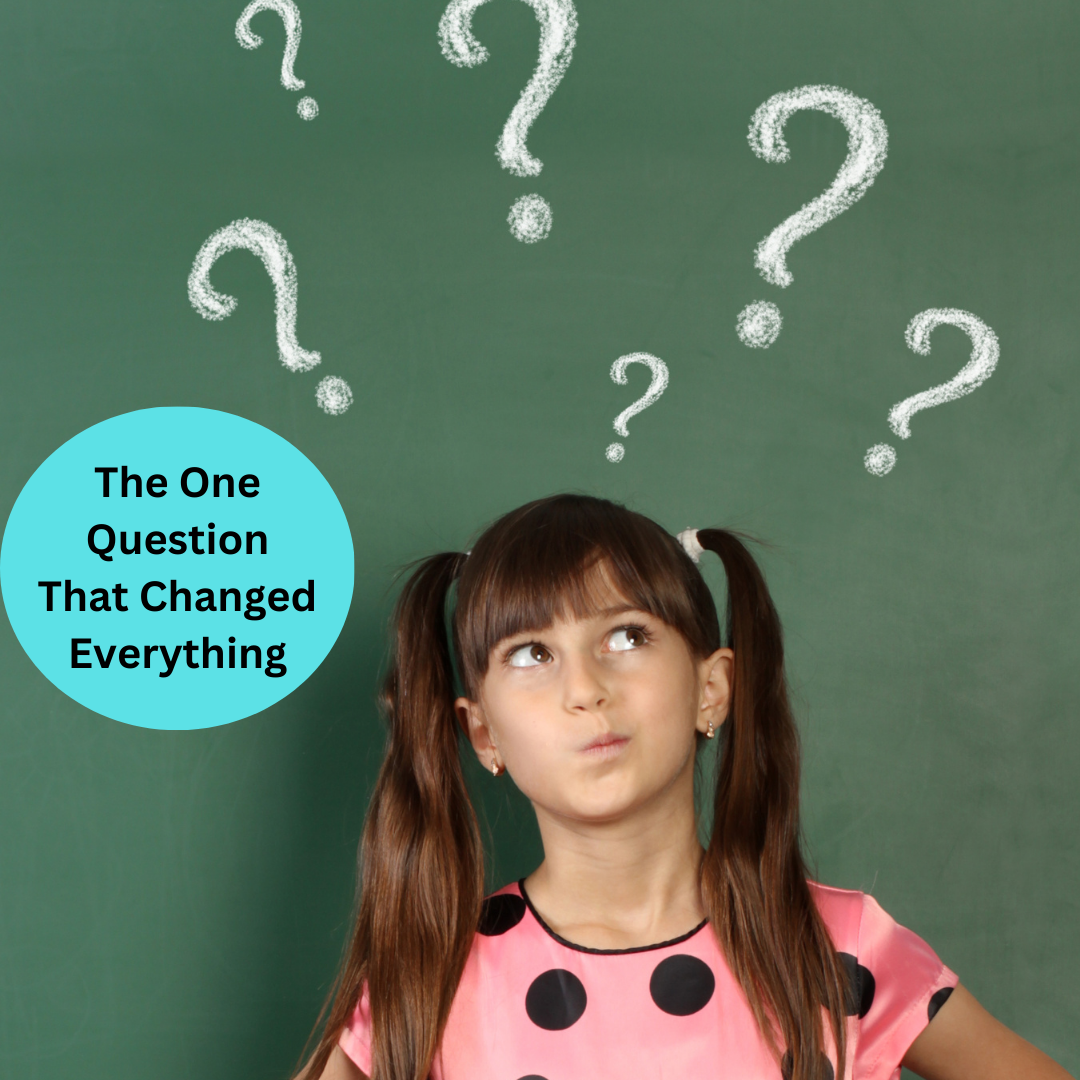As a homeschool mom, I’ve learned that some of the best learning moments don’t happen during formal lessons, but in the midst of everyday activities. You don’t always need fancy materials or structured curriculums to help your child grow. One simple question can transform the mundane into a meaningful learning experience:
“What do you think will happen if…?”
This open-ended question taps into your child’s natural curiosity, turning routine activities into interactive learning adventures. Here’s how you can weave it into your day:
1. Cooking: Math, Science & Fine Motor Skills
While preparing meals, ask your child:
"What do you think will happen if we mix these ingredients together?"
This encourages predictions and reasoning, which builds scientific thinking. Your child might notice how liquids and solids change when combined, and you can tie in math by measuring ingredients together.
How to Implement:
- Get your child involved in meal prep.
- Encourage them to make guesses about outcomes, like what happens if they mix flour with water or how long it will take to bake something.
Learning Benefit: Cooking enhances math skills through measuring, science concepts through observation, and fine motor skills through mixing and pouring.
2. Cleaning: Responsibility & Problem-Solving
During household chores, ask:
"What do you think will happen if we use this cleaner instead of water?"
This engages them in critical thinking. Children can also make predictions about the time it will take to complete a task or whether their method will be more effective.
How to Implement:
- Encourage your child to think about cause-and-effect with cleaning tasks.
- Turn it into a mini-experiment: What happens when we clean with vinegar versus a store-bought cleaner?
Learning Benefit: This builds problem-solving skills and fosters responsibility in a fun, hands-on way.
3. Outdoor Play: Science, Observation & Gross Motor Skills
In the garden or on a walk, ask:
"What do you think will happen if we plant this seed here?"
This question can lead to discussions about plants, the weather, or even animals they encounter. They learn about cause-and-effect in nature, the growth cycle of plants, or the behavior of insects.
How to Implement:
- Turn a simple outdoor activity into a science experiment.
- Have your child document or observe what changes over time after asking them to make predictions.
Learning Benefit: Outdoor play provides a natural setting for teaching about the environment, while gross motor skills develop through exploration.
4. Playing with Toys: Imagination & Language Development
When your child is playing, ask:
"What do you think will happen if your toy car drives off this ramp?"
This encourages them to experiment and create stories, which boosts language development and imagination. They learn through trial and error, adjusting their play based on the outcomes.
How to Implement:
- Join in on your child’s playtime and introduce playful questions that invite them to think creatively.
- Discuss different scenarios or outcomes they could create.
Learning Benefit: This fosters creativity and narrative thinking, key components in language and social development.
5. Bath Time: Science & Sensory Exploration
During bath time, ask:
"What do you think will happen if we add bubbles or change the water temperature?"
This opens up sensory exploration as they observe changes in texture, temperature, and the behavior of objects in water.
How to Implement:
- Let your child explore different water toys, soaps, or bubbles.
- Ask them to predict whether objects will sink or float.
Learning Benefit: Sensory play in the bath introduces early science concepts and boosts their observational skills.
How Parents Can Start Today:
- Be Curious Together: Introduce “What do you think will happen if…?” into your daily routines. It’s not about getting the “right” answer but encouraging critical thinking and observation.
- Follow Their Lead: Let your child’s answers guide the activity. If they’re curious about something, dive deeper.
- Celebrate Discoveries: Whether their prediction was accurate or not, use the moment to teach, explore, and grow together.
Start using this simple question in your day-to-day life to help your child find learning opportunities in unexpected places! Let’s transform everyday moments into educational adventures—no extra materials needed.
Share your favorite everyday learning moments with us in the comments below!


2 comments
I love these ways to connect with my kids in an educational way.
———
Fun Learn Grow Co. replied:
Awww! Wonderful! We love to hear families valuing connections! Blessings!
I love that you show me how to implement these!!
———
Fun Learn Grow Co. replied:
Our pleasure! Thank you for taking the time to check out our blog! We look forward to serving you more! Blessings!